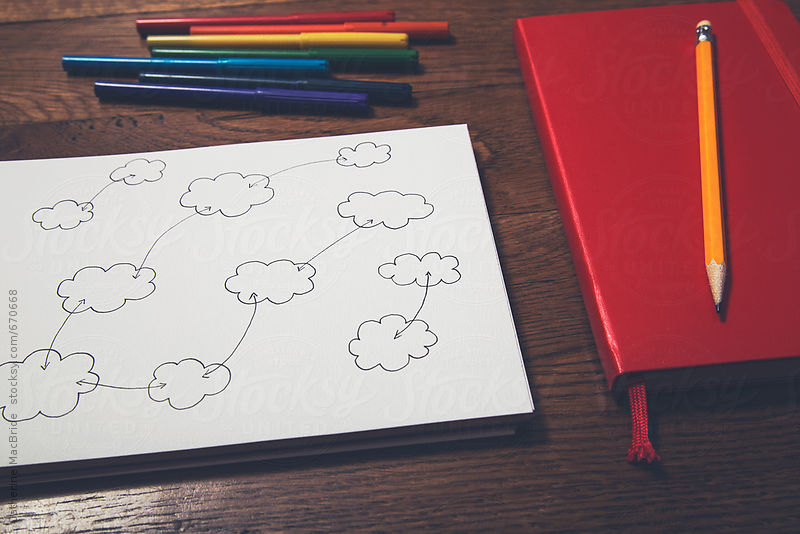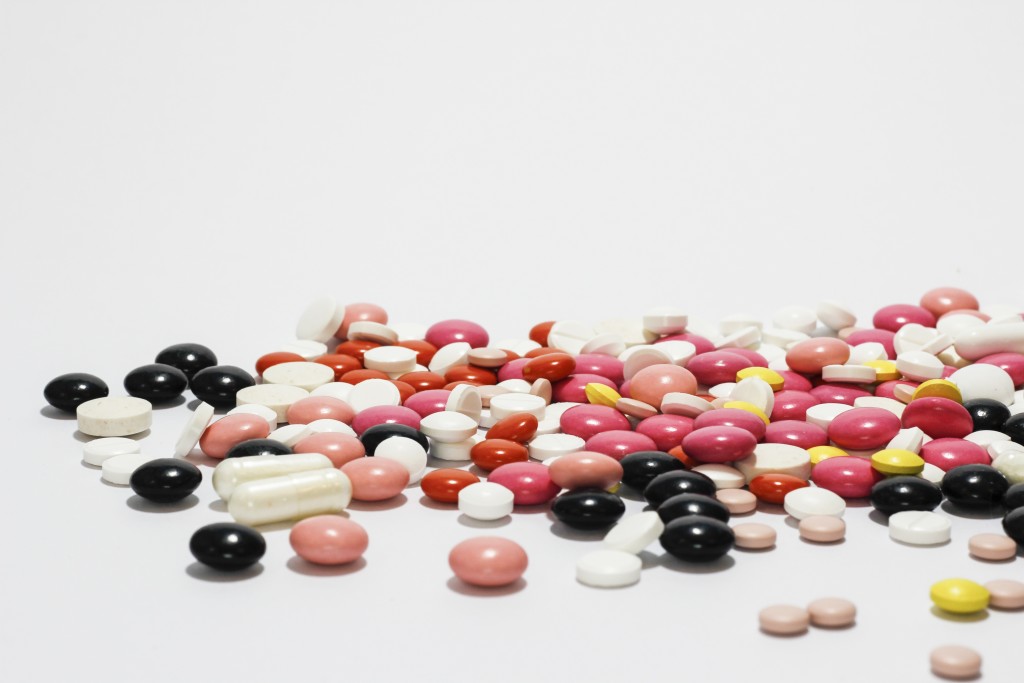Diy Diet Pills Pro Ana Tumblr

How do I know if I have an eating disorder?
Dangerous Eating Behaviours
People with eating disorders use many different ways to try to lose weight or control their weight. For example, they may:
- Diet or take diet pills
- Purge by using laxatives and diuretics, or making themselves vomit
- Exercise too much or too often
- Cut out certain types of food
- Fast (go long periods of time without eating)
These are very unhealthy behaviours, and can be VERY dangerous. They can lead to serious medical problems, and even death. It is also important to note that some of these behaviours are not very effective in actually getting rid of calories.
This section has information about a few of these behaviours and how they affect a person's health. It also has information about another dangerous behaviour associated with eating disorders – visiting pro-anorexia or pro-bulimia websites.
1. Dieting & Diet Pills
Dieting is a strong risk factor for developing an eating disorder. It is becoming more common, especially among young girls. We hear more and more about the dangers of being overweight or obese. We see images all around us that seem to say "to be beautiful and happy, you must also be thin." All of this makes many of us feel like we need to lose weight. We know that happy and successful people come in many different shapes and sizes. But everywhere we look, we see ads encouraging us to lose weight, and tips on how to do it. People are more likely to diet when they are unhappy with their bodies, believe they are overweight, or have low self-esteem.
There is a big difference between dieting and eating healthy. Healthy eating is about taking care of your body, giving it the energy that it needs, as well as listening to our taste buds and being able to enjoy food. Dieting is about losing pounds and looking thin. People who diet are more likely to become obsessed with food. They may also be irritable and angry or depressed, and constantly feel tired. Dieters are at risk for a number of health problems. They often don't eat enough different kinds of food and so they miss some of the nutrients they need. This is an especially big problem in children and teens because it can affect how they grow and develop. It can also weaken bones and lead to osteoporosis (weak or brittle bones). Girls who diet sometimes stop having their menstrual period.
Dieting often doesn't help you to lose weight. In fact, research shows that people who are chronically trying to diet often end up overeating. Their overeating may be triggered by feeling sad or anxious, seeing or thinking about food, or believing that weight gain has occurred. There is now research that shows dieters may lose weight at first, but, in the long run, can actually gain weight. This is especially true among children and teens.
Many people with eating disorders also use diet pills. These pills are supposed to help weight loss or decrease appetite. They are considered dangerous because, in most cases, there is no proof that they work or are safe.
2. Purging
Purging means trying to get rid of food that was just eaten by forcing it out of the body quickly. Many people with eating disorders purge as a way to try to get rid of the calories they've just eaten. They are trying to prevent themselves from gaining weight. A person may purge by forcing themselves to throw up, or by using laxatives, diuretics, or other medications. They will usually do this in secret. Purging is extremely dangerous for a person's health. It can cause many very serious medical complications. And it really isn't effective at getting rid of calories.Purging is a sign of a very severe eating disorder. If you or someone you know is purging, you should get help from a healthcare professional immediately.
Some of the different ways of purging are:
- Self-Induced Vomiting:Many people with eating disorders make themselves vomit as a way to try to lose weight. They force themselves to throw up right after a meal. For some, vomiting is linked with bouts of over-eating or binge-eating. Most people induce vomiting by sticking their fingers down their throat. For this reason, they often develop a scar, or some hard skin, on the back of their hand. This is known as Russell's sign. Self-induced vomiting can cause:
- damage to your esophagus, the tube that transports food from the mouth to the stomach
- damage to teeth that come in contact with stomach acid
- dehydration – loss of body fluids that have important minerals and electrolytes to help the heart and other organs to work properly
Some symptoms of repeated vomiting are muscle weakness, irregular heartbeat, and heart failure. Vomiting is also not effective in getting rid of all the calories consumed, as digestion begins in the mouth. In fact, vomiting tends to make binge-eating episodes more likely to happen.
- Ipecac Syrup: NOTE: You should ONLY use ipecac syrup in cases of accidental poisoning, and ONLY if it has been advised by a Poison Control Centre. In BC, the number for Poison Control is: 1.800.567.8911
Ipecac syrup makes you throw up soon after you drink it. It is used if someone eats or swallows something that is poisonous or toxic. For certain kinds of poisons, throwing up is useful. It may stop the poison from being absorbed into the stomach and causing damage to the body. Some people with eating disorders abuse ipecac by using it for the wrong reason. They drink it to make themselves throw up after eating. Ipecac syrup can be extremely harmful to your health and even lead to death.
Some symptoms of regular use of ipecac syrup include:muscle weakness, dehydration, heart problems, seizures, and internal bleeding.
The good news is the medical problems that come from ipecac abuse often disappear once the person stops drinking it. Like with other types of self-induced vomiting, using ipecac to make yourself throw up is not effective in getting rid of all the calories consumed, as digestion begins in the mouth. Inducing vomiting tends to make binge-eating episodes more likely to happen.
- Laxative Abuse:A laxative is a medication that is usually used to treat constipation. It acts on the large intestine to trigger a bowel movement. Laxative abuse is when you use laxatives to try to get rid of food you have just eaten. Some people take a laxative after eating a large amount of food (including after binge eating). People who abuse laxatives believe that they can empty out the food before their body can absorb the calories. They believe this will help them to lose weight, or control their weight. The truth is that laxatives do not stop your body from digesting food. They act on the large intestine, but most calories and fat are absorbed before they get to the large intestine. It is mostly water and minerals that are emptied from the body at this point. The "weight loss" is actually just a loss of water. This weight will return as soon as you drink something. If you continue to use laxatives and do NOT drink any fluids, you can become very dehydrated. People who are dehydrated feel weak and confused. It can do serious damage to the body, and to organs like the heart and kidneys. In extreme cases, you may have a heart attack or your kidneys may stop working properly. Many people need medical treatment to recover from dehydration.
Laxative abuse can do other damage to your health. It can result in the loss of important minerals and electrolytes like sodium, potassium or magnesium. As a result, your muscles, nerves and organs may not work properly. Laxative abuse can also damage your intestine, and increase your risk of getting colon cancer.
- Diuretic Abuse:Diuretics are sometimes called water pills because they help to get water out of your body. They are used to treat people who have medical conditions such as high blood pressure or edema (swelling in certain parts of the body). Diuretic abuse is when you misuse or use these pills improperly, in a way the doctor did not prescribe.
People with an eating disorder sometimes misuse diuretics in order to try to lose weight. They believe these pills will help them get rid of extra pounds. The truth is that they are just getting rid of water, and so any weight loss is temporary. The weight will return as soon as they drink anything. In the long run, diuretics can actually cause you to gain water weight. Your body will start holding on to water to offset the effects of the diuretic.
Diuretic abuse can cause a lot of medical problems. For example, it can cause very low blood pressure. This can make you feel weak and dizzy, or cause fainting. Also, the water that is lost when you use diuretics has important minerals and electrolytes. Your organs may not work properly. Some other side effects of diuretic abuse are kidney damage, dehydration, abnormal heart beat, dizziness and constipation.
3. Compulsive Exercising
Some people with an eating disorder use exercise as a way to control their weight. They may feel that they can only eat if they have finished their exercises. These people over-exercise, or do more physical activity than they need to stay healthy or fit. They may not feel happy or satisfied, but their exercise schedule becomes very important to them. They may begin to feel driven or compelled to exercise, and choose exercise over almost all other activities. If for some reason they can't exercise, they feel guilty, anxious, depressed, irritable and upset.
You can damage your body with over-exercising, especially if that is combined with poor eating. The body is under a lot of stress because it is not getting the energy it needs to be so active. There is also no time for the body to rest, heal and recharge between workouts.
People with eating disorders who over-exercise may experience:
- weak bones
- bone fractures
- dehydration
- heart failure
- (for girls and women) loss of menstrual period
Female athletes who take part in sports such as dance, gymnastics, or marathons are at high risk of over-exercising. In fact, an eating disorder plus osteoporosis (brittle bones) and no menstrual period is known as the "Female Athlete Triad."
Compulsive exercise is a sign of a serious eating disorder. If you, or someone you know, is exercising compulsively to lose weight, you should get help from a medical professional immediately.
4. Visiting Pro-Anorexia/Bulimia Websites
These internet sites encourage and promote eating disorders. They recommend some very dangerous behaviours. The sites are often called "Pro-Ana" (pro-anorexia) or "Pro-Mia" (pro-bulimia) pages. They talk as if anorexia nervosa or bulimia are lifestyle choices rather than disorders. The sites have chat rooms and blogs where people support each other in staying anorexic or bulimic and refusing treatment.
 These websites often include:
These websites often include:
- "Tips and Tricks" on how to lose weight
- "Thinspiration" – photos and quotes to motivate people to continue losing weight
- information about dieting and restricting calorie intake
- ways to lie and hide eating disorder symptoms
Just visiting one of these sites may decrease a person's self-esteem and increase their body dissatisfaction. There has been research on teenagers with eating disorders who visit these sites. It shows they spend less time on schoolwork, and more time in hospital, compared to teenagers who were in treatment for an eating disorder who did not visit these sites.
It is important for families, friends and healthcare professionals to be aware of these sites. Visiting pro-eating disorder websites can prevent someone with an eating disorder from seeking the help and treatment they need.
Resource List
- Digging up the Dirt on Dieting (VCH) ( English )
- Laxative Abuse ( English )
- Eating Disorders and Substance Use Graphic ( English )
Source: https://keltyeatingdisorders.ca/types-of-disorders/dangerous-eating-behaviours/
0 Response to "Diy Diet Pills Pro Ana Tumblr"
Post a Comment